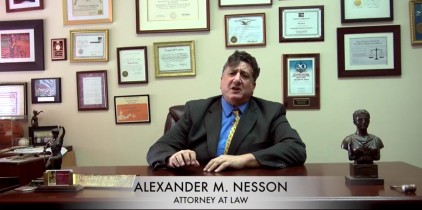In Massachusetts there is not a formal procedure for emancipation where a child ends the parents right to control the minor child or the parents right to participate in decision making about the child. If a child becomes emancipated, the parents lose their rights to determine where the child lives, goes to school and things like that. There sometimes can be no longer a requirement to pay child support, have other responsibilities or liability for the child. It gets rid of certain obligations for both parent and child. It does not though if a child is emancipated and allows the child to do things that he/she would likely not be able to do such as being able to drive or stop attending school before they are 16.
Some states have a formal procedure, Massachusetts does not, and it is extremely rare that the Court would consider emancipation. However, the Probate and Family Court in Massachusetts, even though there is no formal procedure, in very rare situations, a Judge can become convinced that emancipation is in the best interest of the child and can allow emancipation. Several other states do have emancipation statutes and Massachusetts does not.
There are other situations where a child can have more control over his/her life rather than with emancipation; including there can be a Caregiver’s Affidavit to allow the child to look for someplace else; Guardianships; DCF involvement; adoption; CRA’s or other court procedures regarding the child’s that is not being able to have a relationship where the parents are not doing a good job or interest in raising the child.







